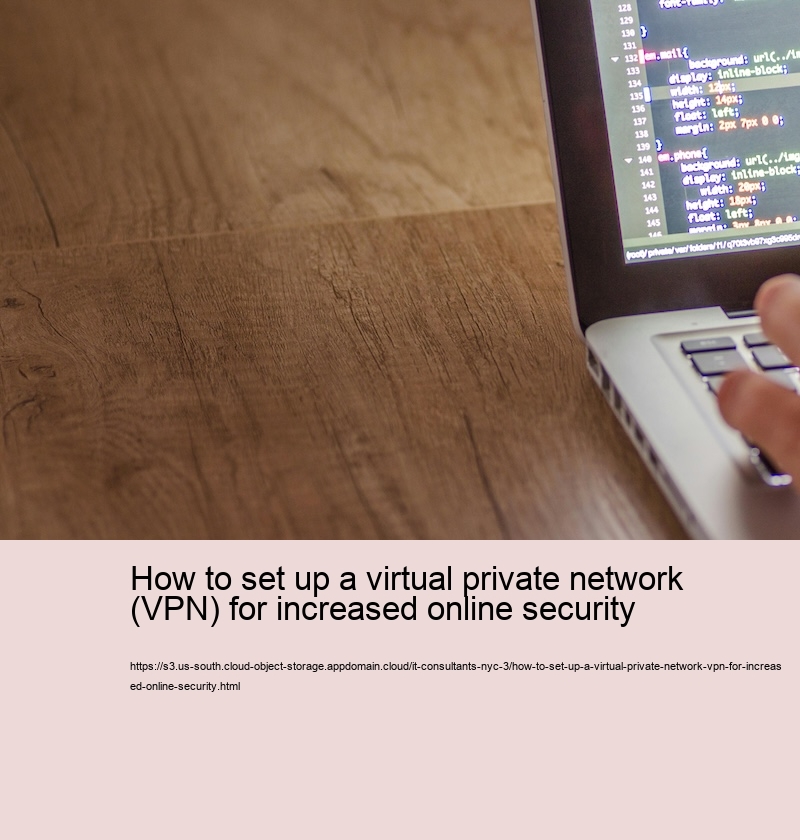How to set up a virtual private network (VPN) for increased online security
virus
In today's digital age, online security has become a major concern for individuals and businesses alike. With cyber threats on the rise, it is important to take proactive measures to protect your sensitive information and data. One effective way to enhance your online security is by setting up a virtual private network (VPN).
A VPN is a technology that allows you to create a secure and encrypted connection to another network over the internet. By using a VPN, you can ensure that your online activities are private and your data is secure from prying eyes. Whether you are browsing the web, accessing public Wi-Fi networks, or conducting business transactions online, a VPN can help safeguard your information and protect your privacy.
Setting up a VPN is a relatively simple process that can be done in a few easy steps.
How to set up a virtual private network (VPN) for increased online security - virus
- columbia
- cost guides
- network
Once you have chosen a VPN provider, you will need to download and install their VPN client on your device. Most VPN providers offer clients for a variety of operating systems, including Windows, Mac, iOS, and Android. After installing the client, you will need to create an account and log in using your credentials.
Next, you will need to configure the VPN client settings according to your preferences. This may include selecting a server location, choosing a VPN protocol, and enabling features such as kill switch and split tunneling. It is important to carefully review and adjust these settings to ensure optimal security and performance.
Once you have configured the VPN client, you can connect to a VPN server by clicking on the connect button. The VPN client will establish a secure connection to the server, encrypting your data and routing it through the VPN tunnel. apple macs You can now browse the internet, access online services, and communicate with others securely and privately.
In conclusion, setting up a VPN is a simple and effective way to enhance your online security and protect your privacy.
How to set up a virtual private network (VPN) for increased online security - virus
- virus
- cmit solutions
- apple macs
